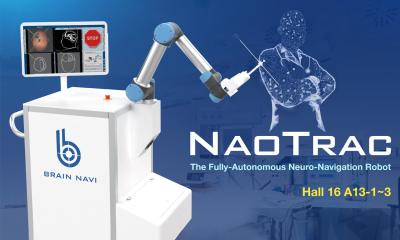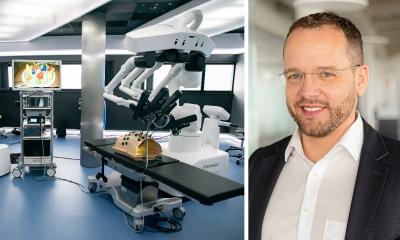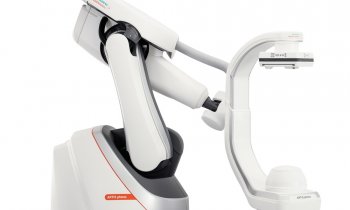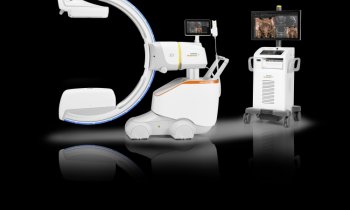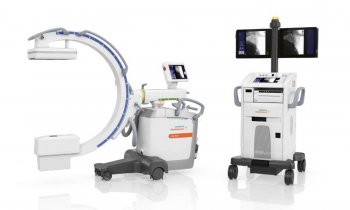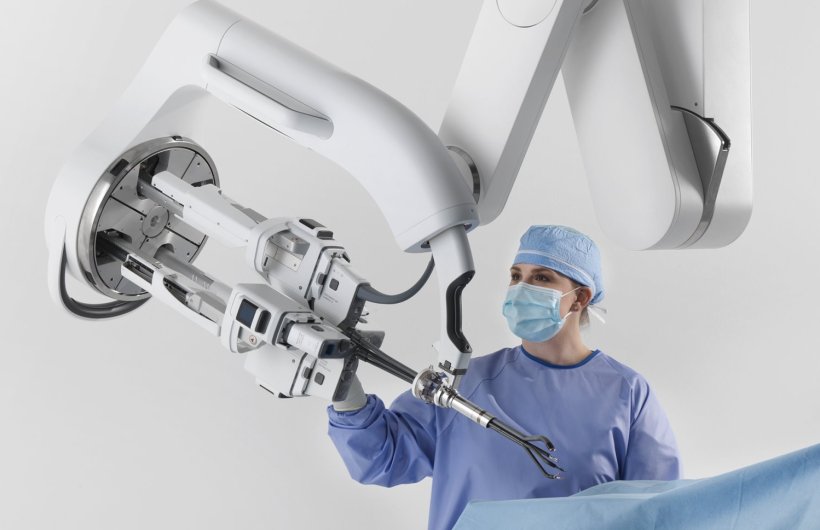
Image source: Intuitive Surgical Operations Inc.
News • Operation equipment
Single-port technology to enhance robotic surgery
For more than 20 years, Karolinska University Hospital has been using robotic surgery. Now the hospital will be one of the first in Europe to use a new robot. It uses a technology that can make a big difference for a group of patients.
At Karolinska University Hospital, robots are already making a major contribution to cancer surgery. Each year, surgeons use them in around 1,300–1,400 procedures. The robots that are currently available at Karolinska use a technology called multiport. During surgery, the robot makes a hole in the patient for the camera and other holes for the instruments.

image source: Karolinska University Hospital; photographer: Ateljé Uggla
Karolinska has now signed an agreement for a single-port robot that was recently approved for the European market. Unlike the other robots, the single-port uses only one hole. The camera and instruments go in the same way and can then be unfolded where the surgeon is going to operate. "This makes it possible to perform surgery that was previously considered too risky," says Olof Akre, Professor of Oncological Surgery and Head of Operations at the Department of Theme Cancer at Karolinska University Hospital.
The new technology makes it possible to enter through the mouth of patients, where the surgeon would previously have had to perform major procedures on the jaw. The robot can also make a big difference for patients where it is possible to enter through the anus or vagina. "This means less pain, shorter operation time and hospital stays. For a certain group of patients, this robot will make a significant difference and alleviate much suffering," says Olof Akre.
The new robot is likely to perform its first operation at Karolinska University Hospital in early April. The hospital will then be one of the first in Europe to use the new technology. This is in line with the hospital's ambition to be one of the world's smartest hospitals. "When new technology is available, we want to be at the forefront and be involved in developing it," says Olof Akre.
Source: Karolinska University Hospital
05.03.2024




